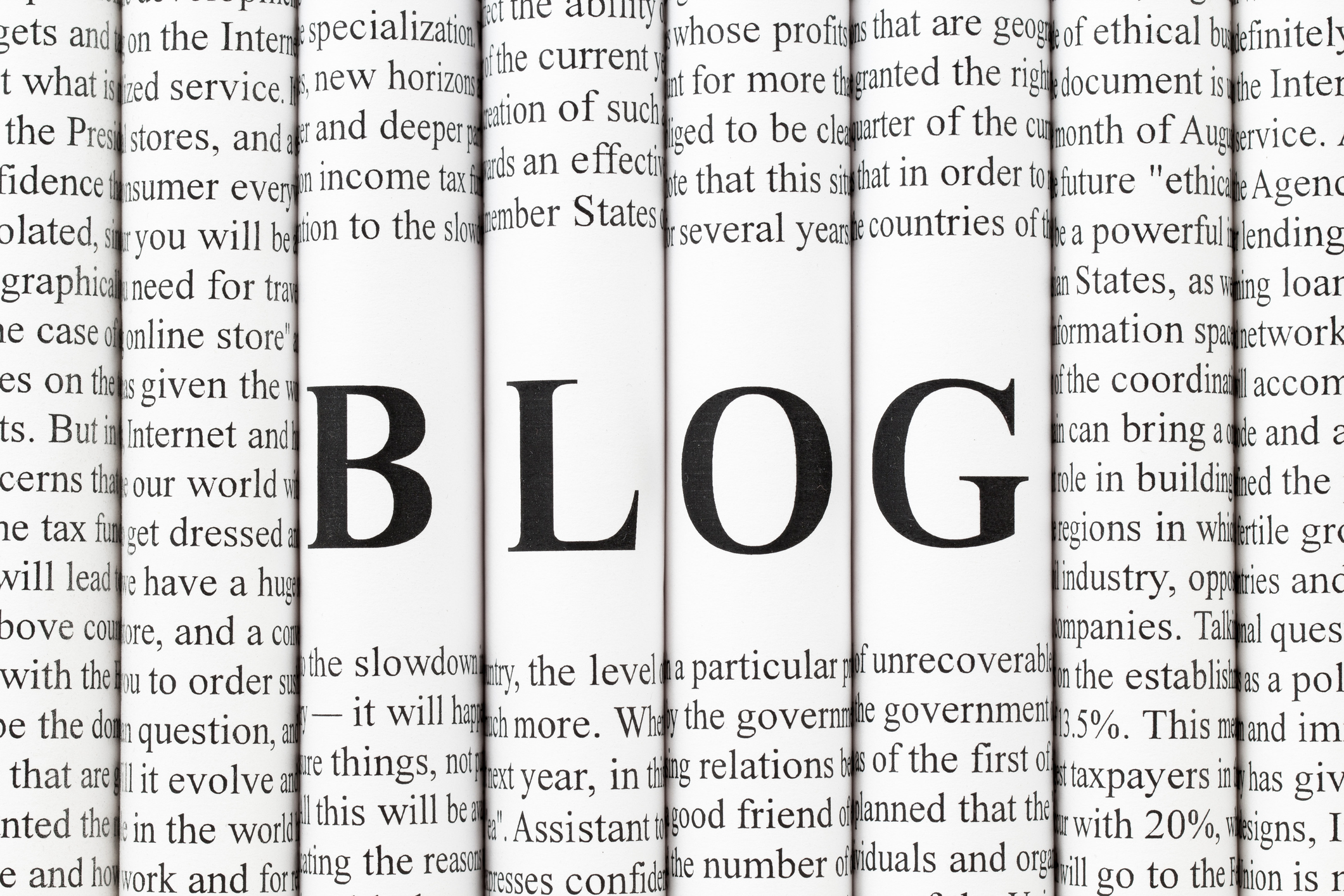
![]()
More and more people are taking strides to reduce their ‘carbon footprint’ by switching to cleaner energy sources, recycling, lowering CO2 emissions and by reducing personal energy usage. How then, can your business go green?
One of the ways that many businesses take is to hire outside energy/green consultants. These consultants will come to your business to evaluate your physical operations and or your businesses product/service. Based on their research and observations, they will typically offer a list of recommended improvements, and (after implementing these changes) will award a business their ‘seal of approval’ for use in future marketing efforts.
Here is a list several such businesses, feel free to browse their websites for ideas and inspiration:
- Strategic Carbon (Vancouver based)
- Carbon Footprint (UK based, but their website has lots of useful information)
- Bullfrog Power (offers cleaner energy to Canadian businesses, for a premium)
- Worley Parsons (for larger industries)
The BC government has also compiled a list of professional Carbon Planning Consultants offering services in and around the province.
If you’re just starting out, however, you might not have the need (or resources) to hire a consultant to evaluate your business. Instead, try reading up on some useful tips for energy saving and CO2 reduction for your small business, and doing a thorough scan of your business on your own (or maybe have a friend or family member do it for you, their ‘fresh eyes’ might see things differently). One of the simplest strategies I came across that I've been trying to make a habit of recently, is using smaller font sizes for any documents that will be printed.
Whether you're a crusading environmentalist, or simply a good corporate citizen, the benefits of staying ahead of the curve, when it comes to green business practices, are many:
- Save money on your heating/energy bill.
- Being prepared in the event of new regulations or legislation imposed by the government.
- Qualifying for public/private grants and rebates for green business
- Improved image / marketing opportunities. Consumers are becoming increasingly more conscientious of making greener/sustainable purchasing decisions.
- Perhaps most importantly, the impact of your business on the environment might be many times greater than your personal carbon footprint. Planning, designing and changing your business towards a greener model is the most powerful way that you can make a positive mark on environmental sustainability!
For more information about rebates and incentives for your business, try LiveSmart BC.
Industry Canada has put together a good list of tools for business eco-efficiency.
Also, be sure to check out your local library for books on the subject of green business. If you are interested in reading more about the subject of green business, here are a couple titles you may want to look for at your local public / school library:
 |
Estes, J. (2009). Smart green: How to implement sustainable business practices in any industry and make money. Hoboken, N.J: Wiley. |
 |
Mintzer, R. (2008). 101 ways to turn your business green: The business guide to eco-friendly profits. Irvine, CA: Entrepreneur Press. |
PHOTO CREDIT: Photo Maple created by hichako on May 26, 2008, available under a Creative Commons Attribution license. Last viewed on Oct 25, 2010.
PHOTO CREDIT: Photo Right turn off of Sweetman's Lane created by joiseyshowaa on Oct 28, 2008, available under a Creative Commons Attribution license. Last viewed on Oct 25, 2010.




